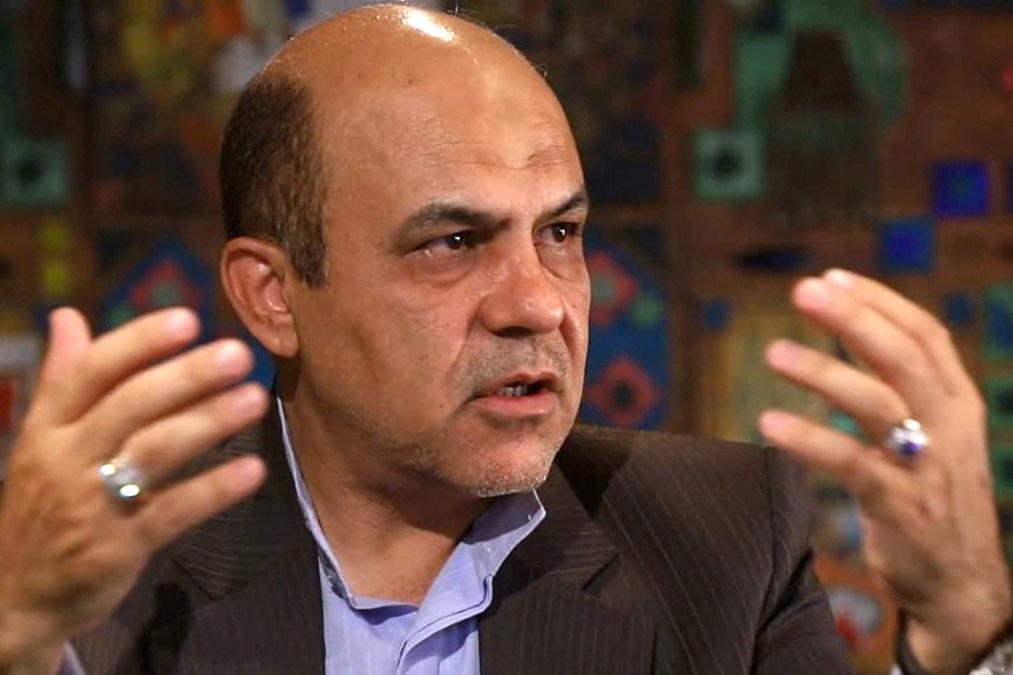The UK government has condemned the planned execution of a British–Iranian dual national by Iran and has appealed for it to not go ahead.
“Iran must halt the execution of British–Iranian national Alireza Akbari and immediately release him,“ British Foreign Secretary James Cleverly wrote in a tweet on Jan. 11. ”This is a politically motivated act by a barbaric regime that has total disregard for human life.”





